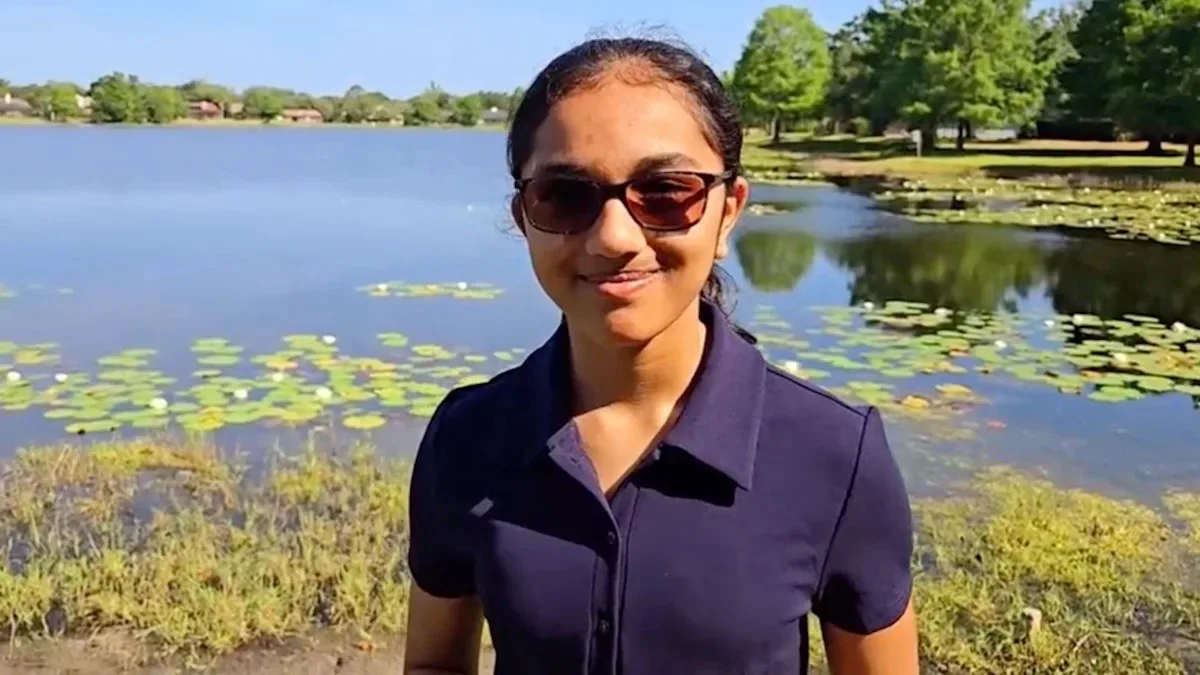28/09/2025
28/09/2025

NEW YORK, Sept 28: Although young people bear little responsibility for the current environmental crises, many have taken active roles in addressing issues ranging from climate change to plastic pollution.
Sheyna Patel, a 14-year-old from Orlando, Florida, exemplifies this drive. Sheyna created an innovative hydrogel designed to remove microplastics from water. Her invention earned her recognition as a finalist in the 3M Young Scientist Challenge, according to West Orlando News.
“I entered the 3M Young Scientist Challenge because of my passion for STEM research and environmental protection,” Sheyna told the 3M Young Scientists Lab. “This competition gives me a platform to showcase my findings and demonstrate innovative ideas for solving real-world problems.”
Sheyna’s hydrogel is non-toxic and functions like a sponge, absorbing plastic particles and effectively eliminating 93% of PET microplastics from water, as reported by The Australia Today.
Microplastics, along with the broader issue of plastic pollution, pose serious threats to human health, food and drinking water supplies, and ecosystems. Unlike organic matter, plastics do not biodegrade; instead, they fragment into smaller pieces called microplastics and even tinier nanoplastics.
These microplastics have been found worldwide—in the water we consume, the air we breathe, and the food we eat.
Global plastic production has surged dramatically from about 2.2 million tons in 1950 to approximately 495 million tons annually today, according to Our World in Data. Of this, an estimated 1.1 to 2.2 million tons end up in the oceans each year.
While researchers agree more study is needed to fully understand the effects of microplastics on human health, growing evidence points to significant risks.
“There are many unknowns,” said Bernardo Lemos of Harvard T.H. Chan School of Public Health, as cited by Harvard Medicine. “But emerging data suggest that microplastics impact human biology.”
Research has revealed that microplastics can damage DNA and alter gene expression, factors linked to cancer development, according to Harvard Medicine.
Despite the immense scale of plastic pollution and its associated health dangers, innovators like Sheyna offer hope that the next generation will develop solutions to confront these inherited environmental challenges.
When asked by the 3M Young Scientists Lab about her aspirations for the next 15 years, Sheyna said she hopes to hold “a leadership role in a field I’m passionate about, driving innovation, mentoring others, and contributing to meaningful advancements that benefit not only my organization but society as a whole in STEM.”


